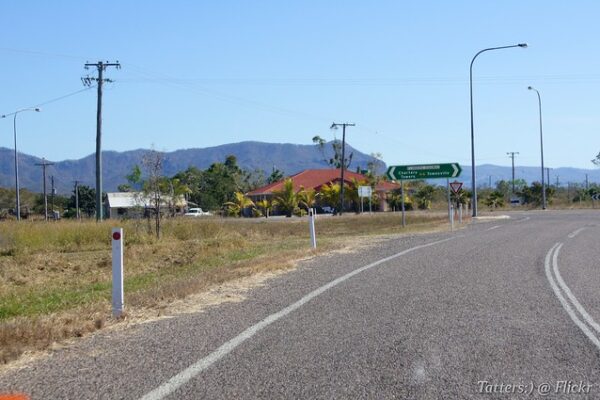People will tell you that moving into a regional area of Australia is great for you. But the truth is: everybody wins. This post looks at why this is the case.
If you really want to settle in a particular area of Australia, being asked to reside in a regional area might feel unfair. As we have hinted previously, you are doing a good deed by moving there.
The trend in Australia has been for its people to move into cities. We have one of the most urbanised populations in the world. The domestic migration resulted in a real skills gap. Where that gap can’t be filled by a citizen, migrants fill it.

Creative Commons Attribution. (Source.)
What does migration do for regional areas?
In Geelong in Victoria, the absence of skilled people was starting to hinder large-scale growth.
The different regions of Australia all have different needs. Sometimes they’re extremely different. As a migrant, the skills that you have are largely what is going to determine where you can move. This is especially the case if you are looking at a state-sponsored Visa.
When you’re a permanent migrant, you become a ‘shock-absorber’. You off-set the retiring workers. When you’re a temporary migrant, you give Australians the ability to fill gaps with more flexibility. More about all of this can be found here.
Direct positive impact of moving into a regional area
These are all positive impacts. But the really important thing is that by moving into a regional area, you create other demands on the local community. Simply by living in a regional area, you create higher demand for products and services. In turn, these support local employment. When this happens, life returns to regional areas and helps them to grow.
Different types of migration helps different things. If you’re on a working holiday, you will support a very different type of community than would, say, a skilled, permanent resident.
Working holiday makers, for example, are more likely to participate in casual, seasonal and low-skilled labour markets, while employer-sponsored migrants are more commonly employed within the health care and social
assistance, construction and ICT industries. (Source.)
The positive cultural impacts of migration into regional areas is something we have talked about before. We are very passionate about it. Australia has so much to benefit from it.
If you think you might need to settle in a regional area, give us a call. We can help you with your options – which is important if you eventually want to move into a different area.



